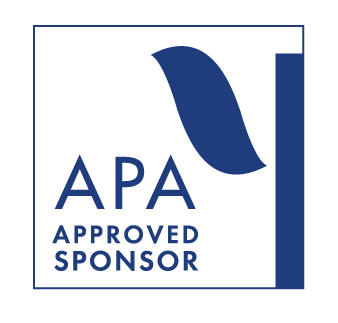Date: To Be Arranged
1 Day Course 9:00 am to 6:00 pm Eastern Time US
8 CE Hours
There is a plethora of clinical anecdotal and empirical evidence that patients under general anesthesia hear and interpret voices and sounds in the operating room. Because the unconscious is solely concerned with survival, and the OR is a place where life or death can result, the anesthetized patient’s unconscious is hyper vigilant to anything that could be interpreted as a sign of imminent death. As a result, negative comments are interpreted pessimistically. Many cases of unexplained persistent pain following surgery can be traced back to negative comments the patient’s unconscious heard in the OR. Therefore, it is important to prepare the surgery patient consciously and unconsciously to ignore unnecessary utterances and conversations in the OR.
Proper psychological preparation for surgery with hypnosis can facilitate positive outcomes post-surgically and prevent surgery induced PTSD. This full-day course will introduce a step-by-step hypnotically assisted protocol for preparing patients for surgery that will reduce the patient’s anxiety, promote positive expectations of success and a healthy recovery, and inoculate the patient against untoward comments uttered in the OR.
Your course instructor, Dr. Bruce Eimer learned this protocol personally from Dr. David Cheek and Dr. Dabney Ewin, both of whom were surgeons and medical hypnosis pioneers, and Bruce has used this protocol for over 27 years with great success with pre-surgical patients. Attendees will also learn the single most important prognostic indicator for an unfavorable surgical outcome and how this can be communicated effectively to the patient and the surgeon. After completion of this course, you will be able to:
_ Explain why surgery outcomes are improved when pre-surgical patients are psychologically prepared.
_ Explain the role of hypnosis in the psychological preparation of a patient for surgery.
_ List the steps in psychologically preparing a patient for surgery.
_ Explain the single most important prognostic indicator for an unfavorable surgery outcome and how this can be communicated effectively to the patient and surgeon.
REGISTRATION:
To Be Arranged

CONTINUING EDUCATION CREDIT
Psychologists who complete this one day course will be awarded 8 continuing education credit hours, which are recognized by the APA and most state psychology licensing boards.
Bruce Eimer, Ph.D., LLC is approved by the American Psychological Association to sponsor continuing education for psychologists. Bruce Eimer, Ph.D., LLC maintains responsibility for this Continuing Education program and its content.
Bruce Eimer, Ph.D., LLC is approved by the International Medical & Dental Hypnotherapy Association (IMDHA) to sponsor continuing education for IMDHA certified hypnotherapist members.



